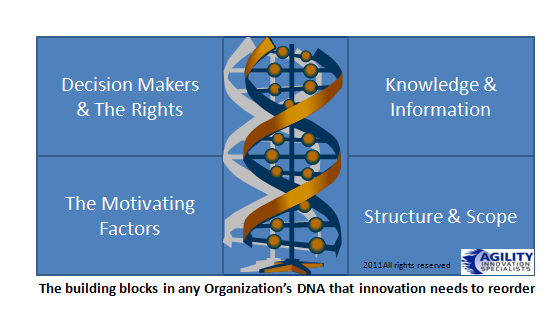I’m sure we have all come across the Rubik Cube, a 3-D mechanical puzzle, invented in 1974 by Erno Rubik as one of the world’s best-selling toys.
The classic cube has six faces covered by nine stickers each offering a solid colour (white, red, blue, orange, green and yellow). The cube has a pivot mechanism enabling each face to turn independently, thus mixing up the colours.
For the puzzle to be solved you must achieve that each face is to be made up of one consistent colour.

It was suggested the cube was originally built to aid students to understand 3D objects but actually Rubik’s actual purpose was solving the structural problems of the parts moving independently without the entire mechanism falling apart.
Innovation is equally a puzzle with moveable parts Continue reading “The Innovation Rubik Cube Approach”
